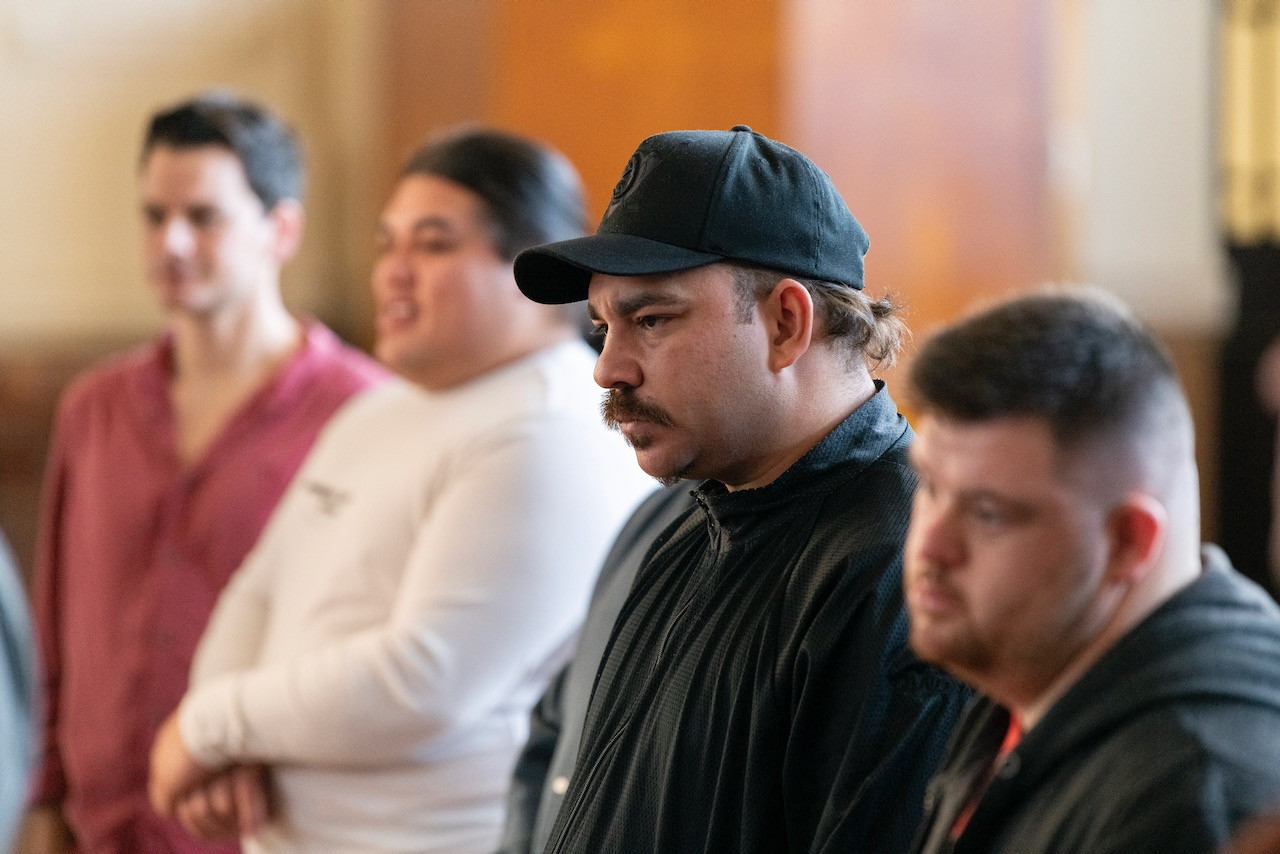Get Talking

IF YOU OR SOMEONE YOU KNOW IS IN IMMEDIATE DANGER, PLEASE CALL 000 IMMEDIATELY.
Life is tough and you don’t have to face it alone. When the going gets tough, get talking... to a friend, family member or health professional.

Gilbert
Have a Chat
Support Services
FOR MEN
For Young Men
FOR ABORIGINAL AND TORRES STRAIT ISLANDER MEN
FOR LGBTIQA+ MEN

IF THATS NOT ENOUGH
Many health professionals provide mental health services. Your doctor (GP) is often a good place to start for most mental health conditions. Doctors can provide treatment or refer you to other services for mental health support.
If you don’t have a regular doctor, some useful tools include the Health Direct find a health service.
Ask yourself if you feel comfortable talking to your doctor about how you are feeling. A doctor who helps you with mental health should be able to provide support, assessment, ongoing care and referrals to psychologists, psychiatrists and other mental health services.
Medicare rebates allow for 10 individual sessions, followed by another 10 individual sessions after a GP review in any 12 month period.
To prepare for talking with your doctor about your mental health:
- Tell your doctor:
- your symptoms or how you feel
- your concerns
- how what you feel has affected your life
- One way to get the most out of your visit is by asking questions. Writing a list of questions before the visit can help. A good starting point is:
- What are all of my options?
- What do you think are the best options for me?
- How much better might I feel?
- When might I feel better?
- You can take a family member or close mate along for support; they can also help explain your situation to the doctor, and they can help remember the discussions you had.
For more information on how to prepare for talking with your doctor -
